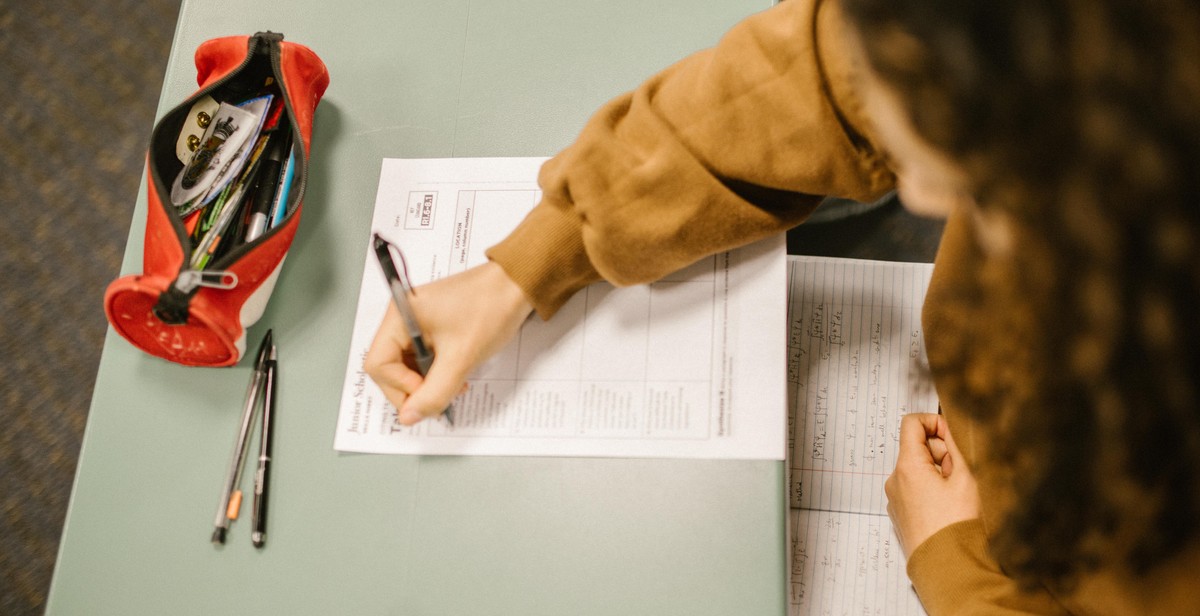The Role of Apologies in Maintaining a Healthy Relationship
Apologies play a crucial role in maintaining a healthy relationship. They are a way of acknowledging that one has hurt the other person and taking responsibility for one’s actions. Apologies can help to restore trust, rebuild communication, and strengthen the bond between partners.
What are Apologies?
An apology is a statement or gesture that expresses regret, remorse, or sorrow for a wrong or hurtful action. It is a way of acknowledging the pain or harm caused to another person and taking responsibility for one’s actions. Apologies can be verbal or nonverbal, and they can take many different forms depending on the situation.
Apologies are not only important in romantic relationships, but also in all types of relationships, including friendships, family relationships, and work relationships. They are a way of showing respect and empathy for the other person and can help to prevent conflicts from escalating.
In this article, we will explore the different types of apologies, the benefits of apologizing, and how to apologize effectively in order to maintain a healthy relationship.
The Importance of Apologies in a Relationship
Apologies play a critical role in maintaining a healthy relationship. They are essential for healing emotional wounds and repairing damaged trust. When one partner apologizes, it demonstrates that they are taking responsibility for their actions and acknowledging the hurt they have caused. This can help to ease feelings of anger, resentment, and disappointment in the other partner, and pave the way for forgiveness and reconciliation.
Apologies Help to Heal Emotional Wounds
When we are hurt by someone we care about, it can be challenging to move past those emotions and repair the relationship. Apologies can help to speed up that process by acknowledging the other person’s feelings and validating their experience. When someone apologizes, they are essentially saying, “I understand that I hurt you, and I’m sorry for that.” This can be incredibly powerful in helping the other person feel seen, heard, and understood.
Moreover, apologies can help to rebuild trust in a relationship. When someone apologizes, they are essentially making a promise to do better in the future. They are taking responsibility for their actions and showing that they are committed to making things right. This can be incredibly reassuring for the other partner and help to restore their faith in the relationship.
Apologies Demonstrate Respect and Empathy
Apologizing also demonstrates respect and empathy for the other person. It shows that you value their feelings and are willing to put their needs first. This can be incredibly powerful in strengthening the bond between two people and deepening their connection.
Additionally, apologizing can help to diffuse tension and prevent conflicts from escalating. When one person apologizes, it can help to de-escalate the situation and prevent the other person from becoming defensive or angry. This can be incredibly helpful in resolving conflicts quickly and peacefully.
In summary, apologies are critical for maintaining a healthy relationship. They help to heal emotional wounds, rebuild trust, demonstrate respect and empathy, and prevent conflicts from escalating. If you want to maintain a strong and healthy relationship, it’s essential to be willing to apologize when you make a mistake and to accept apologies from others when they hurt you.
Types of Apologies
Apologies play a crucial role in maintaining a healthy relationship. It helps in restoring trust, promoting forgiveness, and resolving conflicts. There are different types of apologies, and each type has its unique significance. Here are the five types of apologies:
1. Expressing Regret
Expressing regret is the simplest form of apology. It involves acknowledging that you have hurt someone and expressing your remorse for your actions. This type of apology is essential in situations where you have unintentionally hurt someone’s feelings or caused them inconvenience. By expressing regret, you are showing empathy and understanding for the other person’s feelings.
2. Accepting Responsibility
Accepting responsibility is a crucial step in apologizing. It involves acknowledging your actions and taking responsibility for the consequences. This type of apology is essential in situations where you have made a mistake or caused harm to someone intentionally or unintentionally. By accepting responsibility, you are showing that you are accountable for your actions.
3. Making Restitution
Making restitution involves making amends for the harm caused. It can be in the form of compensation or any other action that can help make up for the damage caused. This type of apology is essential in situations where your actions have caused financial or physical harm to someone. By making restitution, you are showing that you are committed to making things right.
4. Genuinely Repenting
Genuinely repenting involves expressing remorse for your actions and committing to change your behavior. This type of apology is essential in situations where you have repeatedly hurt someone or caused them emotional harm. By genuinely repenting, you are showing that you are willing to take steps to improve yourself and not repeat the same mistakes.
5. Requesting Forgiveness
Requesting forgiveness involves asking the other person to forgive you for your actions. This type of apology is essential in situations where you have hurt someone intentionally or unintentionally. By requesting forgiveness, you are showing that you value the relationship and are willing to put in the effort to restore it.
Overall, each type of apology plays a unique role in maintaining a healthy relationship. It is essential to understand these types of apologies and use them appropriately to restore trust, promote forgiveness, and resolve conflicts.

How to Apologize Effectively
Apologizing is an essential component of maintaining a healthy relationship. However, saying “I’m sorry” is not always enough to repair the emotional damage caused by a hurtful action or statement. Here are some steps to follow when apologizing effectively:
Acknowledge the Hurt You Caused
It’s important to acknowledge the specific actions or words that caused the hurt. This shows that you understand the impact of your behavior and are taking responsibility for it. For example, “I know that what I said hurt your feelings and made you feel disrespected.”
Take Responsibility for Your Actions
It’s important to take full responsibility for your actions and avoid making excuses or blaming others. This shows that you are willing to be accountable for your behavior. For example, “I should not have said those things to you, and I take full responsibility for my words.”
Make a Plan for Restitution
If possible, make a plan to make things right and repair the damage caused by your actions. This could involve making a sincere effort to change your behavior or taking steps to make amends. For example, “I will work on being more mindful of how my words affect you in the future.”
Express Genuine Remorse
It’s important to express genuine remorse for your actions and how they have affected the other person. This shows that you understand the emotional impact of your behavior and are truly sorry for it. For example, “I feel terrible about how my words made you feel, and I am truly sorry.”
Ask for Forgiveness
Finally, it’s important to ask for forgiveness and show that you are willing to work to rebuild trust and repair the relationship. This shows that you value the relationship and are committed to making things right. For example, “I hope that you can find it in your heart to forgive me, and I promise to work hard to earn back your trust.”
- Acknowledge the hurt you caused
- Take responsibility for your actions
- Make a plan for restitution
- Express genuine remorse
- Ask for forgiveness
By following these steps, you can apologize effectively and work to repair the damage caused by your actions. Remember, a sincere and genuine apology is key to maintaining a healthy relationship.

When Apologies are Not Enough
Apologies are a crucial part of maintaining a healthy relationship, but sometimes they are not enough. When trust has been broken, it takes more than just words to rebuild it. Here are some steps to take when apologies are not enough:
Rebuilding Trust
Rebuilding trust takes time and effort. It requires consistent actions that demonstrate a commitment to change. This might include being transparent about your actions and whereabouts, keeping promises, and being accountable for your mistakes. It’s important to understand that rebuilding trust is a process that cannot be rushed.
Working on Communication
Communication is key to any healthy relationship. When apologies are not enough, it’s important to work on communication skills. This might include active listening, expressing emotions effectively, and being open and honest with your partner. Couples therapy can be a helpful tool for improving communication and resolving conflicts.
Seeking Professional Help
When apologies are not enough, seeking professional help may be necessary. A therapist can help you and your partner work through issues and develop a plan for moving forward. They can also provide guidance on rebuilding trust, improving communication, and strengthening your relationship.
Remember, when apologies are not enough, it’s important to take action to rebuild trust, work on communication, and seek professional help if necessary. With time and effort, it is possible to maintain a healthy and fulfilling relationship.
